At least when comparing the 2018 FIFA World Cup in Russia to the current tournament in Qatar, France, Denmark, and Australia are accustomed adversaries. Four years later, Group C has the same three teams who competed against one another. Group D this time around. This time around, Tunisia, an African side, is their companion instead of Peru (in 2018).
It goes without saying that two-time world champions (1998, 2018) and defending champions France are the hot favourites to top the group. Ranked fourth and with most of the boxes ticked, Les Bleus are among title favourites too. Coach Didier Deschamps is blessed to have a side full of experience and youth at his disposal in Qatar. Kylian Mbappe and Karim Benzema are striking the ball clean as ever and Antoine Giezmann is always handy in the box.
However, the loss of services of their famed midfield duo of Paul Pogba and N’Golo Kante through injury, and not-so-impressive recent outings have got critiques pinpointing chinks in the French armour.
Deschamps’ side ended up third in League A Group 1 of the Nations League after losses at home to Denmark and Croatia and a draw with Austria.
However, the recent form has not upset the coach.
“We’re the defending world champions. When you’re at the very top, it’s difficult to do any better,” Deschamps told the FIFA website. “It’s perfectly normal for a team to go on slightly less successful runs, but France remains a really competitive force and are among the top teams in Europe and the world.”
Tough nuts to crack
The team that can spring a surprise in Group D in Qatar is Denmark. Some call the Danes ‘dark horses’ of this tournament. Although ranked 10th, the Danes do believe in miracles as well as hard work.
Getting their top midfielder Christian Eriksen back from the jaws of death is a miracle for most of Danes. Eriksen fell on the pitch following a heart attack during their Euro 2020 opener against Finland. Despite the traumatic experience the Danish Dynamites reached the semifinals of that championship.
Eriksen is back on his feet sound and safe and is expected to lead the Danish charge in Qatar.
“When we were in the finals last time, there was a clear goal to get past the group stage and take it from there,” Eriksen said in an interview with Norwegian broadcaster NRK.
“That is something we should do now. We will progress from the group, and we will go as far as possible.
“Of course, we need to be lucky and play some good games, but our goal for the World Cup broadened when you reach a semi-final in the European Championship.” The Danish team is also relying on a number of key players like goalkeeper Kasper Schmeichel, forward Kasper Dolberg, centre-back Simon Kjaer, midfielder Pierre-Emile Hojbjerg and defensive midfielder Thomas Delaney.
Denmark’s best showing at the World Cup came in 1998 when they reached the quarter-finals.
Kasper Hjulmand’s side can draw huge inspiration from their recent form against France who are without a win against the Danes in seven years, Les Bleus lost twice to them in the UEFA Nations League this year, in June and September.
“They’re a very strong side and are most likely underrated. They’re not a team people tend to talk about all that much, but they possess individual quality and are a strong unit,” France manager Deschamps said of Denmark.
“Their performance at the latest Euros and position on the World Ranking tells you all you need to know. On paper, they definitely provide the biggest threat.”
Pride and belief
The other Group D contender Australia (ranked 38) have reached the World Cup for the fifth time in succession. The Socceroos’ best showing was at Germany 2006 when they reached the last 16 only to be knocked out by eventual champions Italy.
Having finished third, behind Japan and Saudi Arabia in Group B of Asia qualifiers, the Graham Arnold’s side overcame UAE 2-1 and Peru 5-4 on penalties in the playoffs to reach Qatar 2022.
“I believe in my players,” coach Graham Arnold told FIFA.
“I know we don’t have anyone at the moment consistently starring in the world’s biggest leagues, but there is talent there.” Arnold said the Socceroos go to Qatar full of pride and belief after a challenging four years. “It’s been a unique and difficult qualification campaign and we now arrive in Qatar with an exciting squad which will do everything to make Australia proud on the world stage,” Arnold said.
Socceroos have experience in goalkeeper captain Mathew Ryan, agile winger Mathew Leckie and midfielder Aaron Mooy. Ryan and Leckie featured in all six group games for Australia across the 2014 and 2018 World Cups. Throw in the speedy forward Martin Boyle, attacking midfielder Ajdin Hrustic and Winger Awer Mabil, you have a formidable outfit.
Mabil, 27, is an inspiration to many. Born in a Kenyan refugee camp after his parents fled conflict in Sudan, Mabil fought many hardships before he was drafted to the Socceroos side.
He slotted home the sixth penalty in the shootout win over Peru that secured his team’s World Cup spot.
“I knew I was going to score,” Mabil said afterwards. “It was the only way to say thank you to Australia on behalf of my family.”
Raising Arab flag high
Tunisia is the side along with Qatar, Saudi Arabia and Morocco that bring the Arab flavour to this year’s world showpiece event. The 30th ranked Eagles of Carthage have reached the tournament for the sixth time.
Under a vastly experienced coach in Jalel Kadri, who worked along the recently laid out tactical plan, Tunisia reached Qatar 2022 having topped the second group in the African qualifiers and a win over Mali. At the FIFA Arab Cup Qatar 2021 last December, Tunisia made it all the way to the final before losing 2-0 to Algeria in extra time.
Two characteristics of Tunisia’s recent game plans stand out: the use of more players from the Middle East and an emphasis on staunch defense. These athletes include individuals from the Qatar Stars League, such the team’s captain Youssef Msakni and Ferjani Sassi, as well as others who compete in Egypt, like Ali Maaloul and Seifeddine Jaziri, as well as Naim Sliti, who currently resides in Saudi Arabia. A few players from Eagles of Carthage have also appeared for European teams.
Over the course of more than 50 games starting in 2019, Tunisia has let up an average of half a goal per contest. It’s a stellar resume. Assa Ladouni and Ellyes Skhiri in the midfield, as well as Wahbi Khazri, Naim Sliti, and Youssef Msakni in the attack, are also anticipated to shine in Qatar.


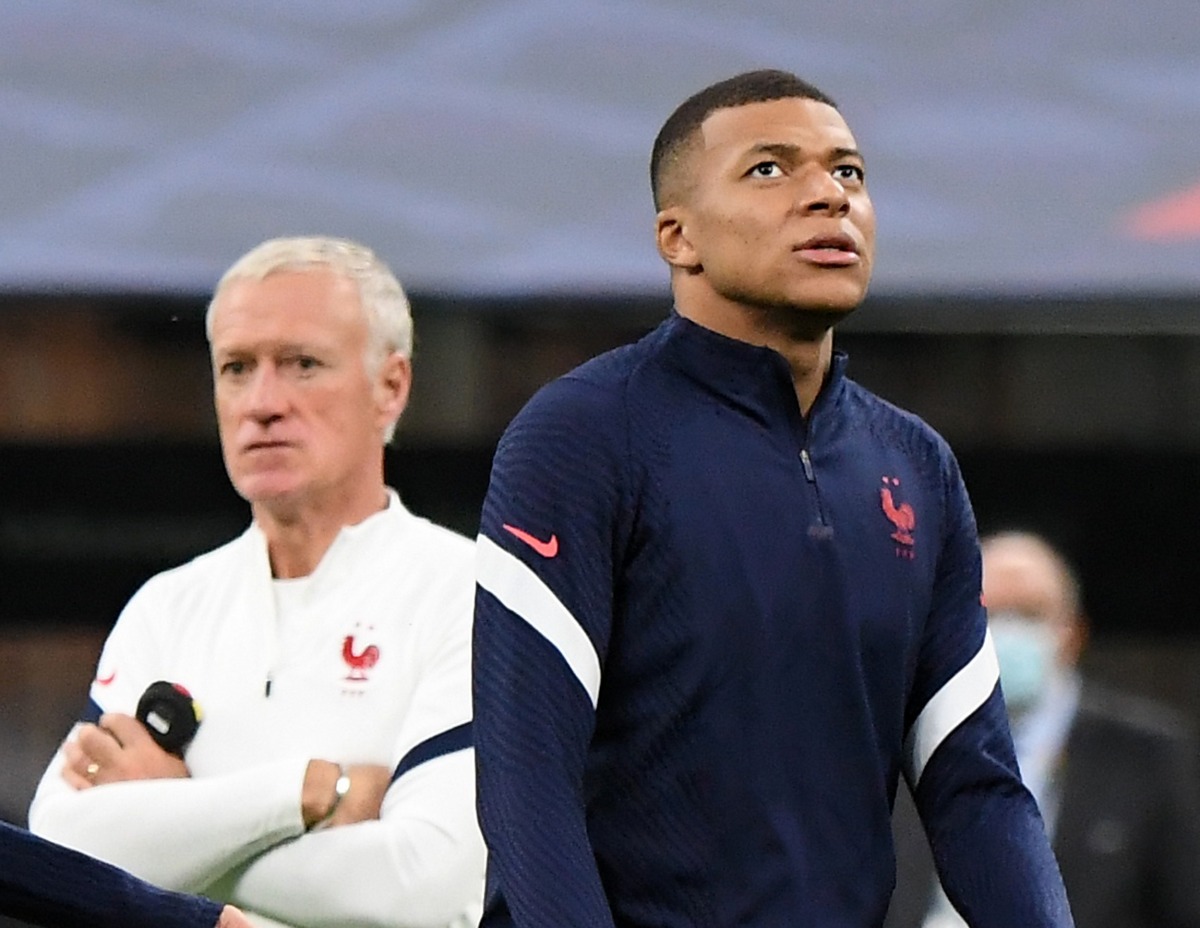


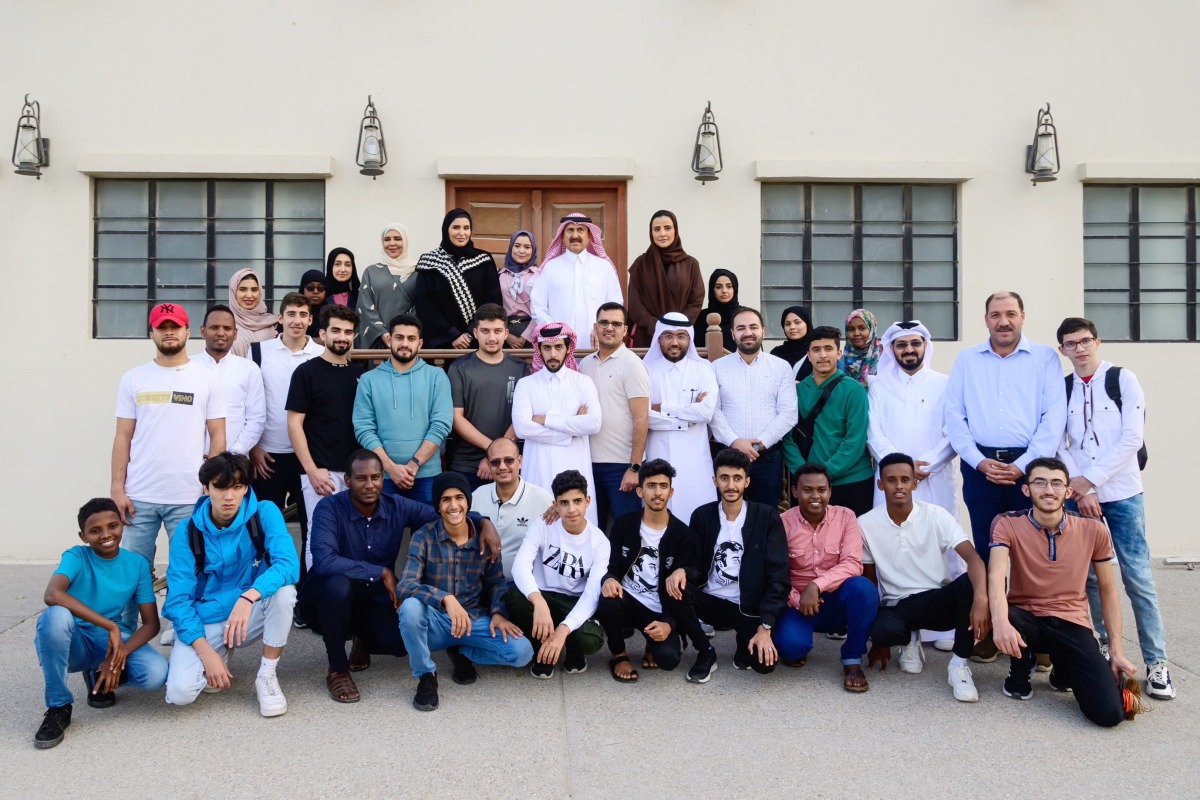
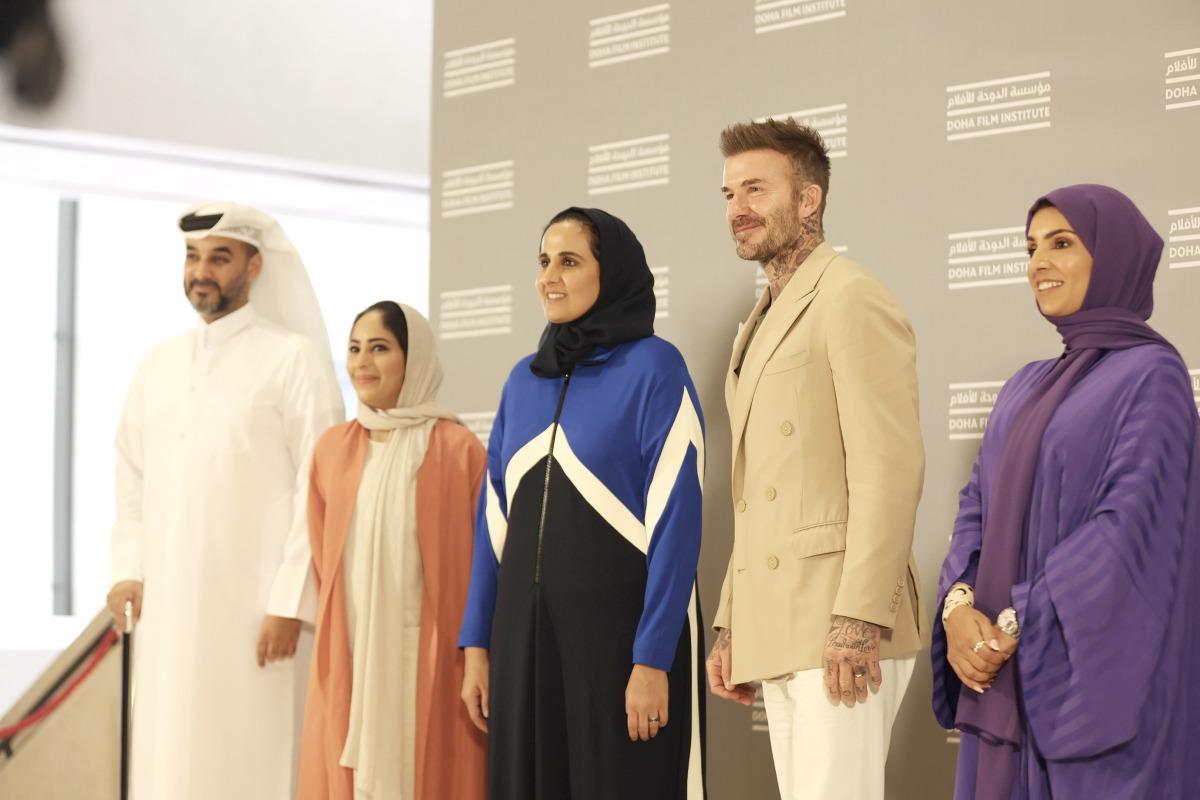
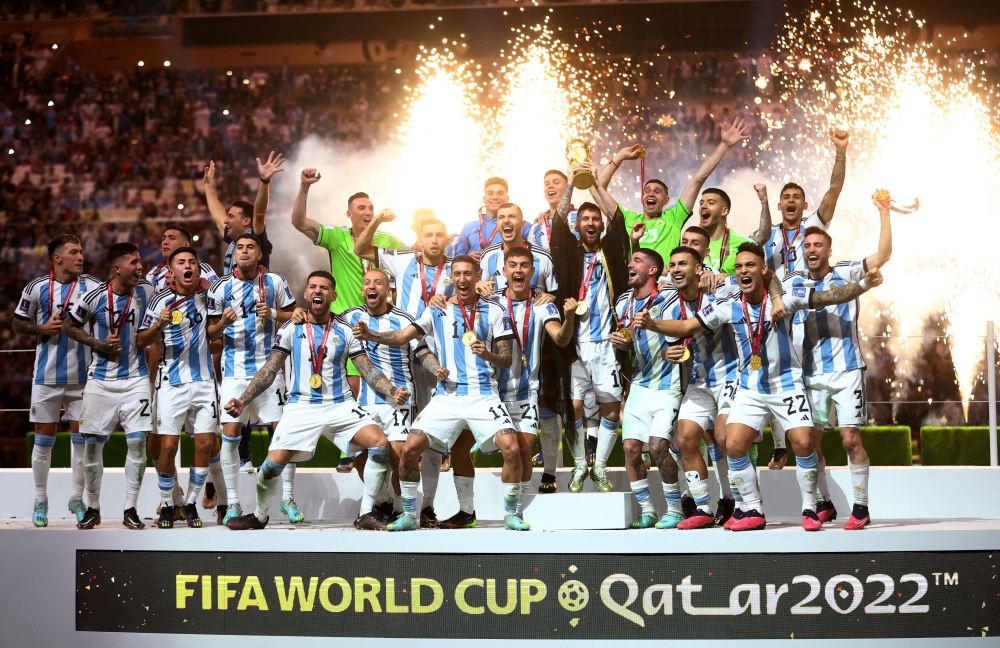
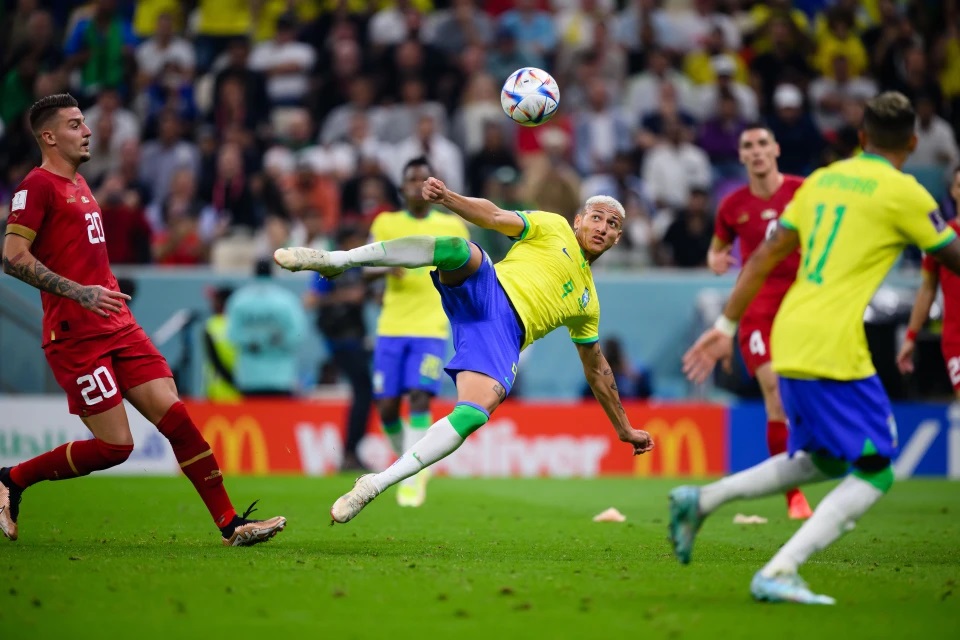



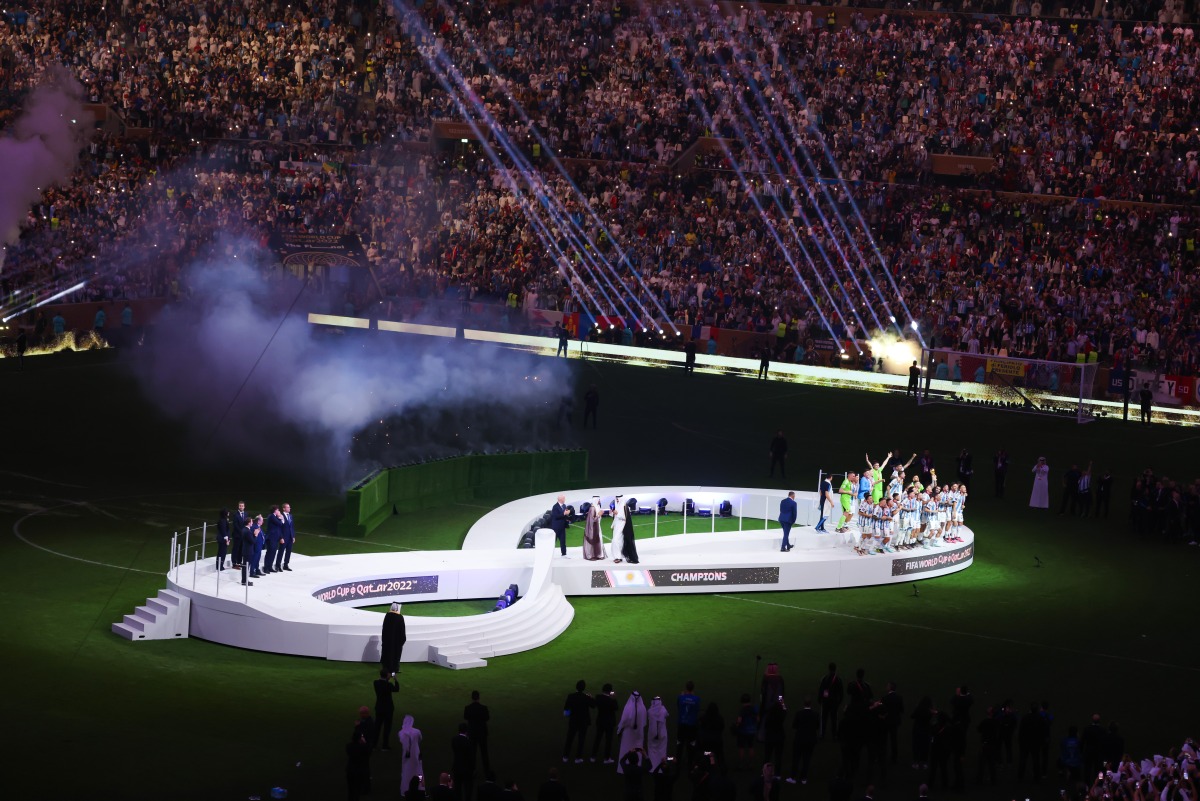




Leave a Reply